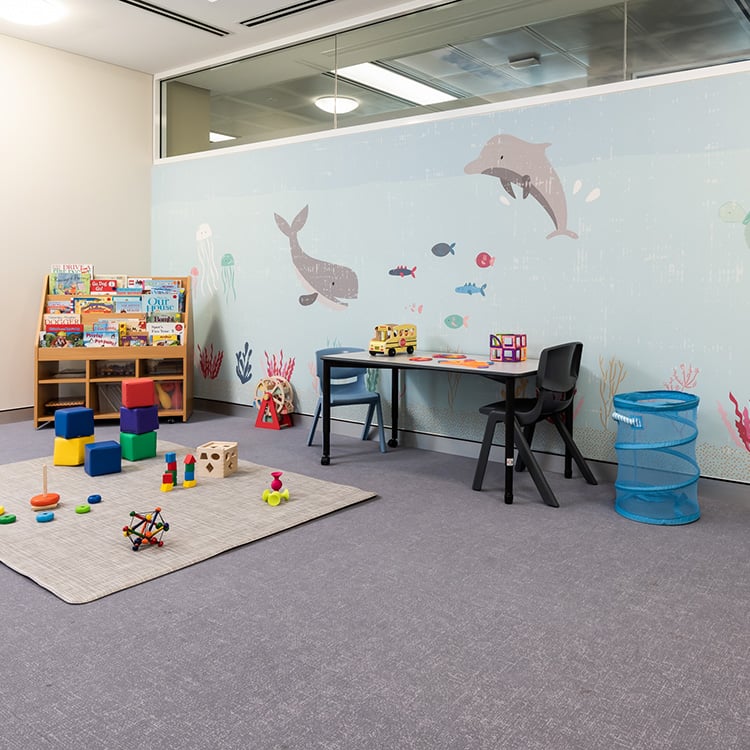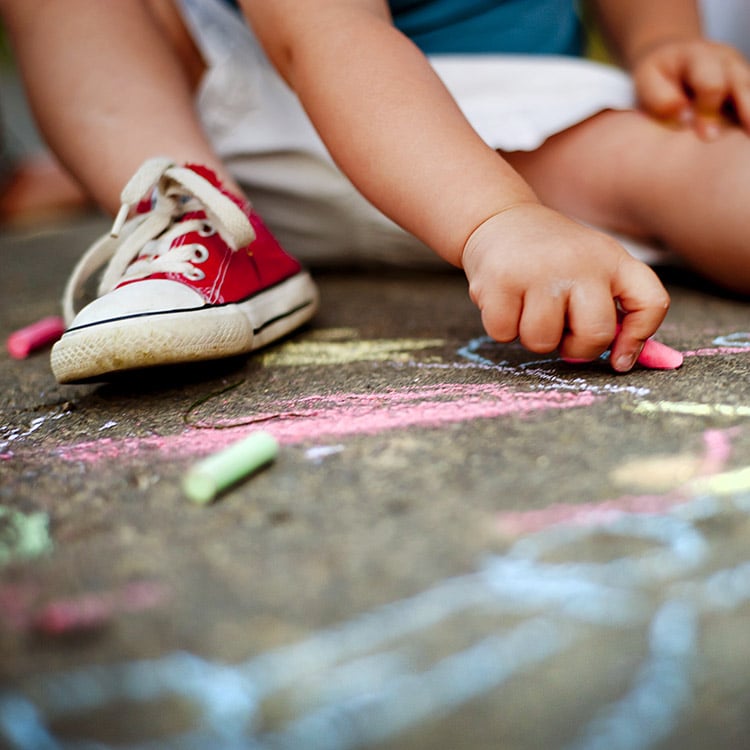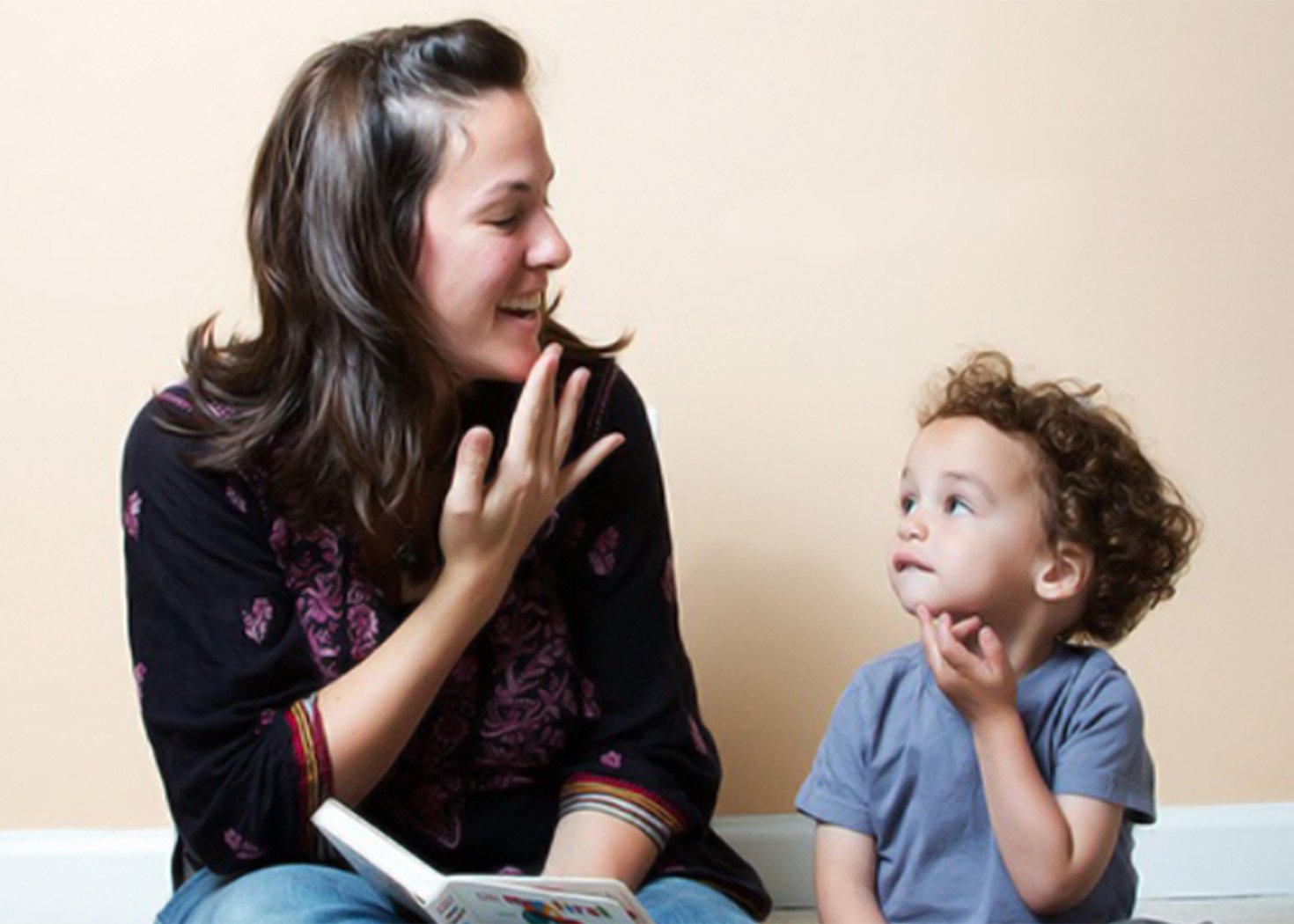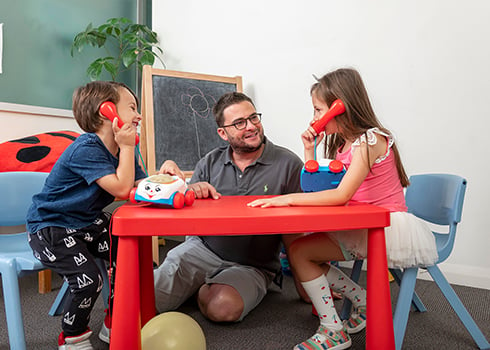Search
Much of our research focuses on the safety and the use of emerging technologies for insulin pumps and other diabetes treatment technology.

One of the best ways you can help your friends and others in your school to be safe online is by developing your own online knowledge and skills. It

News & Events
Meet END RHD CRE Researcher Dr Simone ReynoldsLearn more about the background and motivations of END RHD CRE Research Fellow Simone Reynolds.

News & Events
2017 Annual Meeting – DarwinOn 11 May 2017, over 60 attendees from throughout Australia convened in Darwin for a one-day Annual Meeting to discuss the progress of the END RHD CRE research projects, national RHD advocacy and the development of the final Endgame output.


Creche services are available for families to use at CliniKids.

Fill out this form to receive more information about PACT online training.

One of the unique aspects of CliniKids is the integration of clinical services with cutting-edge research. Our exceptional team of researchers work in collaboration with our clinicians to give the community access to the world's best evidence-based therapies.

News & Events
Augmentative and alternative communicationIn this new blog, Senior Speech Pathologist Marisa Di Lorenzo discusses Augmentative and Alternative Communication and how it supports every individual’s access to the basic right of communication.

News & Events
Play time!In this blog, Therapy Assistant and JASPER Practitioner Storme-Louisa Will offers some tips for promoting authentic and enjoyable play.
